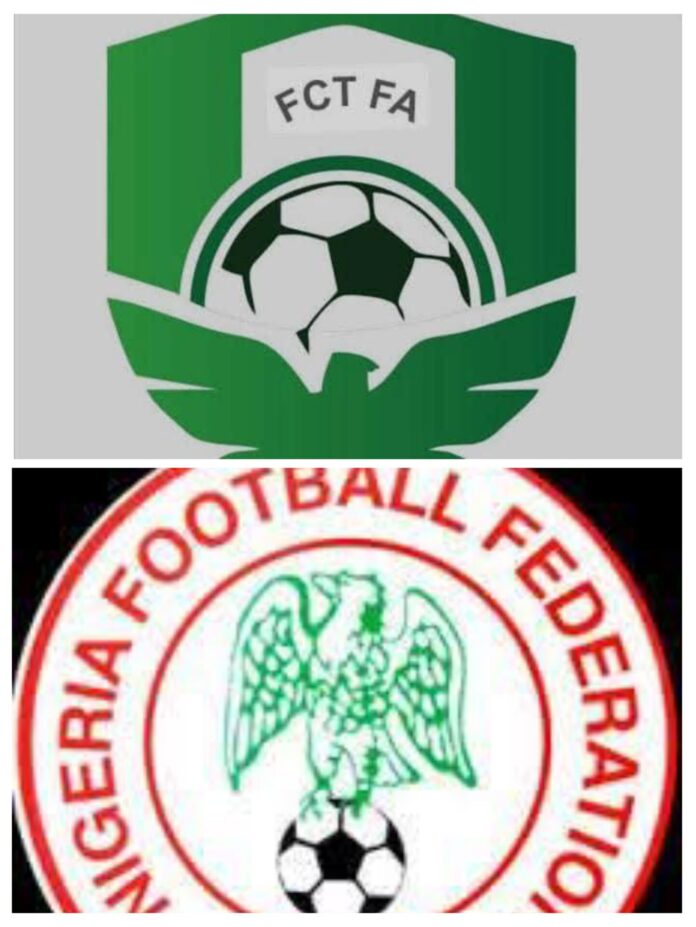THE ROLE OF LEADERSHIP IN RESOLVING FOOTBALL DISPUTES OF THE NFF AND FCT FA – WAS JUSTICE EXERCISED AT CROSSROADS
Justice is often tested in moments of crisis, particularly when conflicts arise within organizations entrusted with the growth of vital sectors.
In the realm of sports, where emotions run high and stakes are significant, the principles of fairness, accountability, and leadership are paramount in resolving disputes. The recent intervention by the Nigeria Football Federation (NFF) in the Federal Capital Territory Football Association (FCT FA) crisis is a testament to the exercise of justice at a critical juncture.
The dispute revolved around the suspension of two Like-Minds FC coaches by the FCT FA. This action triggered dissatisfaction among stakeholders, resulting in petitions and escalating tensions. These events threatened to destabilize the football structure in the FCT, with potential long-term repercussions on talent development and grassroots football.
At this crossroads, the NFF was compelled to act to safeguard the integrity and unity of football in the region.
Justice, in this context, is rooted in fairness, adherence to established statutes, and a commitment to the collective good. The NFF, under the leadership of Ibrahim Gusau, stepped into the fray as a neutral mediator.
The Federation’s first course of action was ensuring compliance with football statutes, reinforcing the principle that no individual or group is above the rules governing the sport.
By maintaining the status quo and calling for the withdrawal of petitions, the NFF exemplified fairness while prioritizing reconciliation over punitive measures. Through open dialogue with stakeholders, the Federation emphasized unity and mutual respect. This approach not only de-escalated the conflict but also ensured that justice was restorative, fostering collaboration and healing divisions.
In the FCT FA crisis, the NFF exhibited qualities critical to effective leadership:
The successful resolution of this dispute has created an opportunity for the FCT FA to refocus on key developmental initiatives. Stakeholders can channel their efforts into youth programs, competitive leagues, and improved infrastructure, creating a more vibrant and sustainable football ecosystem.
Justice in this instance has paved the way for unity and progress, demonstrating its transformative power in sports administration.
Your Thoughts?
What are your views on the role of leadership in ensuring justice during such disputes?
Are there areas the NFF could improve upon in handling future conflicts?
By: Coach Uni Dan Kakwi












